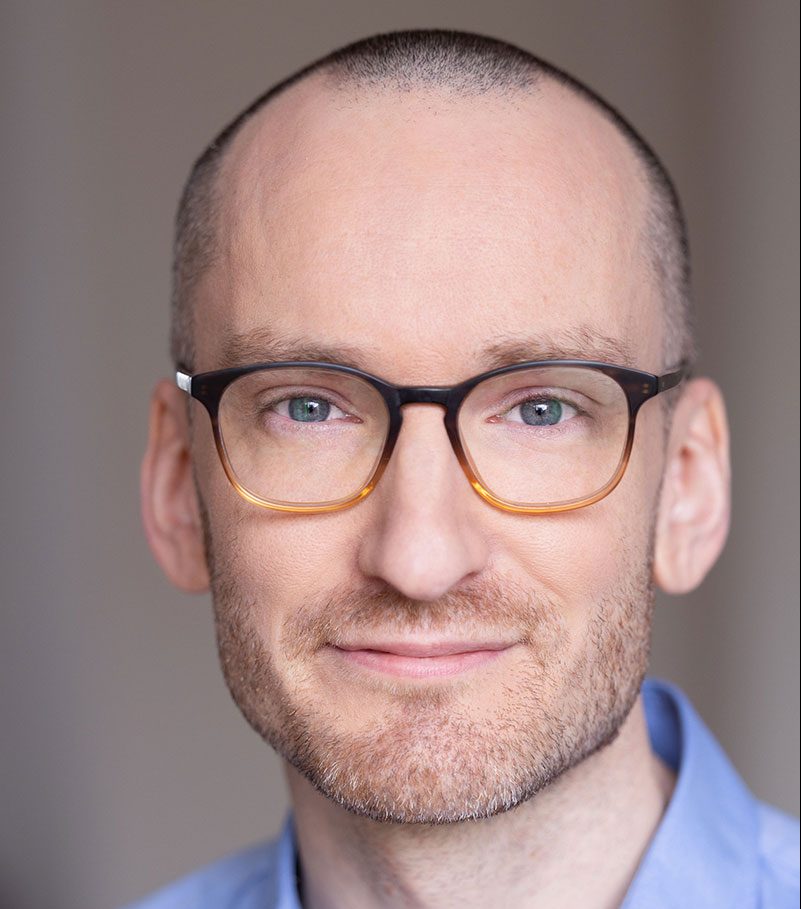Graham is Deputy Editor in Chief of the online magazine Democracy Technologies.

What is your background, and what sparked your interest in currently working to support political innovation?
Before joining the Institute, I spent several years studying and teaching philosophy. It taught me how to be precise with words, and how complex ideas can be made accessible and compelling if formulated in the right way.
I believe that political innovation is something democracies cannot live without. The world is constantly changing, and democracy has to change with it. My work at Democracy Technologies focuses on the effects of digital technology on democracy – both the good and the harm it can do. The point is not just to embrace technology for the sake of it, but to ask how it can be used to improve the quality of democracy.
What profession doesn’t get enough credit or respect?
My younger sister is a psychiatric nurse. It comes with a huge amount of responsibility, caring for some of the most vulnerable people in our societies, often with very limited resources.
What’s the worst thing you’ve eaten out of politeness?
I’m not sure what it was, that was the whole problem. I think I managed to keep smiling.
What’s a piece of transferable knowledge from your skill box that you would like to share with us?
The constant in everything I’ve done has been writing. Good writing is a vital component of the thinking process. It helps you to understand your own ideas more clearly—which is a precondition for communicating them to anyone else. Whenever you have a problem to solve, write it down, give it a structure, and things will become clearer.
Please name a must-read political book.
And the Band Played On by Randy Shilts. It is an account of the early days of the AIDS pandemic by a San Francisco-based journalist.
On the one hand, it is the story of a failure of democracy: It shows how the US government, the press, researchers and the medical establishment repeatedly failed to act to protect a minority community whose lives were at risk. It shows how economic interests and infighting among gay community leaders prevented steps from being taken that would have saved lives. And it tells the heartbreaking personal stories of dozens of the early victims of AIDs.
But it is also an inspiring book, detailing the work of doctors, gay rights activists, and committed politicians who diverted funds, volunteered their time, and kept making noise until people finally took notice. It’s a great reminder that democracy can’t be left to take care of itself. If we want real democracy, we have to be willing to keep working at it and reinventing it.

